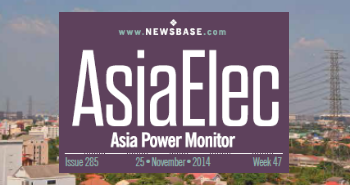Fukushima's forgotten victims as Japan shifts back to nuclear power

A controversial shift in Japan's energy policy has sparked outrage among those still reeling from the 2011 Fukushima nuclear disaster. The Japanese government's draft energy plan, which removes a long-standing commitment to "reduce dependence on nuclear power as much as possible," has reignited anger among evacuees, many of whom have yet to return home due to lingering radiation and ongoing evacuations, as reported by The Asahi Shimbun.
Ichiro Suenaga, a 68-year-old evacuee from the Tsushima district of Namie, Fukushima, is among the most vocal critics. For Suenaga, the removal of this pledge feels like a betrayal, especially considering his family’s painful struggle since the disaster. Despite his home being over 30 km away from the Fukushima No. 1 nuclear plant, radiation levels in the area remain too high for safe habitation. Suenaga's neighbourhood, once home to 1,400 residents, remains largely uninhabitable, and he is haunted by the disarray of his property when he returns to maintain it. "Tears come to my eyes when I think about all the hard work we put into building this house," he says, voicing the deep emotional toll the disaster continues to exact on him and his fellow evacuees.
After the catastrophe, Japan shut down all nuclear plants. However, in recent years, the government has begun bringing them back online, citing energy security needs. The Onagawa nuclear plant, which was also damaged by the 2011 tsunami but avoided a meltdown, resumed operations in October. While some, like Reiko Hachisuka, head of Okuma’s commerce and industry association, acknowledge the economic benefits of nuclear power, they still call for caution. "The line pledging reduced dependence on nuclear power should remain in the policy," she says, reflecting the tension between economic necessity and public safety concerns.
Thirteen years after the disaster, evacuation orders remain in place for seven municipalities, leaving over 25,000 people displaced. The Japanese government’s shift back to nuclear energy, amid a global push for greener alternatives, has led many to feel that the suffering of Fukushima's victims is being forgotten.
As Japan grapples with its energy future, it faces a moral dilemma: how to balance the demands of economic recovery with the deep scars of a community still in exile.


Follow us online